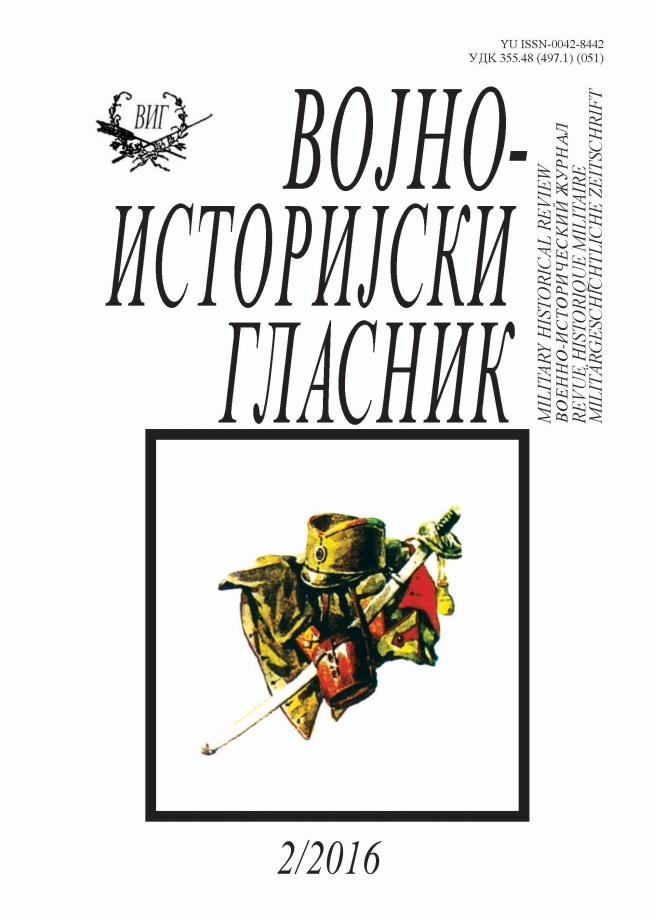ПРЕД ИЗБОРОМ: СРПСКА ПОЛИТИЧКА ЕМИГРАЦИЈА НА КРАЈУ ДРУГОГ СВЕТСКОГ РАТА
IN A FATEFUL DILEMMA: SERBIAN POLITICAL EMIGRATION AT THE END OF THE SECOND WORLD WAR
Author(s): Mira RadojevićSubject(s): Diplomatic history, Political history, WW II and following years (1940 - 1949)
Published by: Institut za strategijska istraživanja
Keywords: The Kingdom of Yugoslavia; World War II; Yugoslav government-in-exile; Emigration; Great Britain; political ideologies; political orientation; political destiny
Summary/Abstract: About one-tenth of all Serbian politicians were in London at the end of World War II. They had come to Britain as ministers in the government of General Dušan Simović, party leaders, or as private individuals. Most of them were supporters of the Ravna Gora guerilla movement and they were unwilling to accept the political will of the winners in the civil war in Yugoslavia. Given the fact that some of them declared themselves as opponents of the Communist Party ideology, the question of their return to the country arose in mid-1944. Thereafter, almost all of them were placed in a fateful dilemma: to remain in exile and become "white guard" or to return, left to the political will of the revolutionary government. Historical sources indicate that the choice they supposed to made, represented a great drama for almost everyone. During the process of making such a difficult decision, families were destroyed, many close friendships were broken, and one case of suicide was also noted. It seems that the destiny of these politicians ceased to be of interest for historians at the moment when they lost their political role in the Yugoslav kingdom in the spring of 1945. Based mainly on memoirs, this article intends to show, through several examples, how in exile perceived ideological defeat was and its consequences.
Journal: Vojnoistorijski glasnik
- Issue Year: 2016
- Issue No: 2
- Page Range: 156-181
- Page Count: 26
- Language: Serbian

